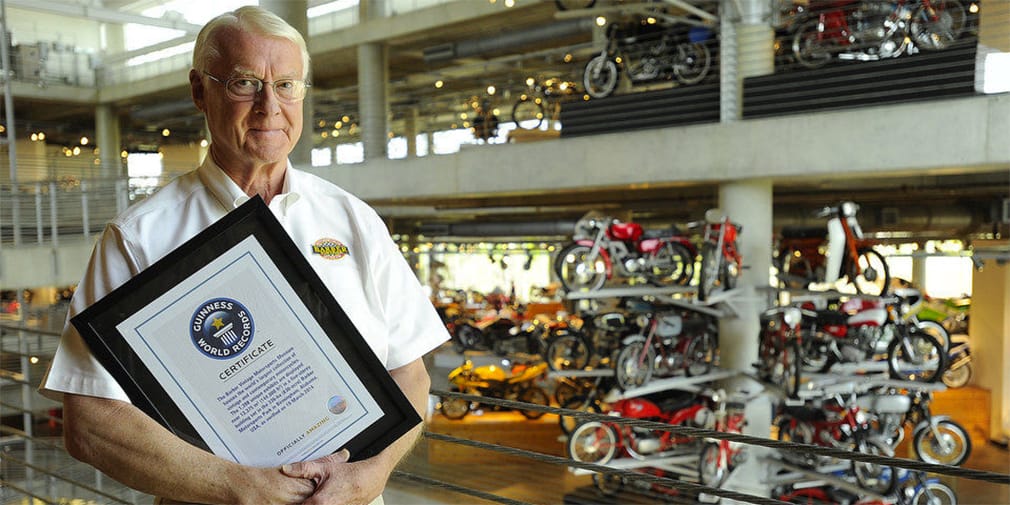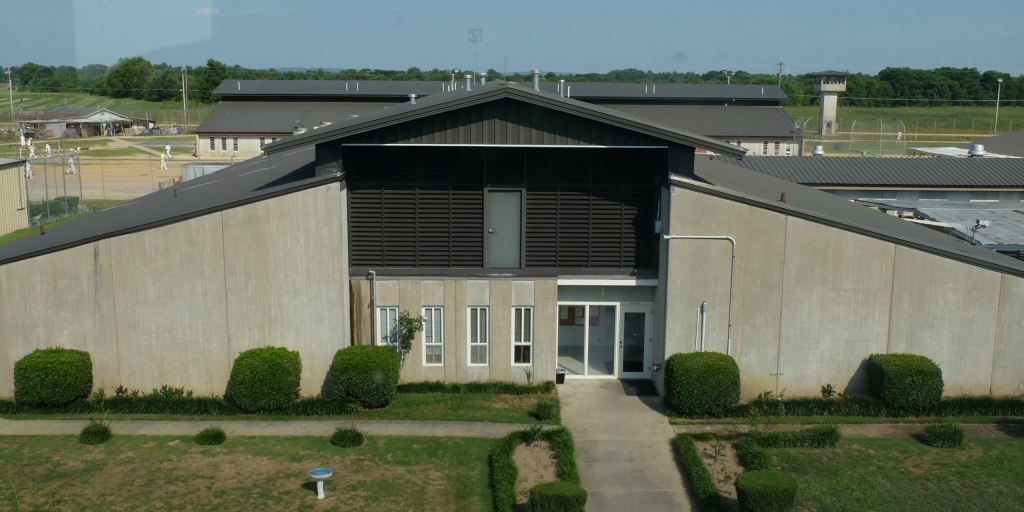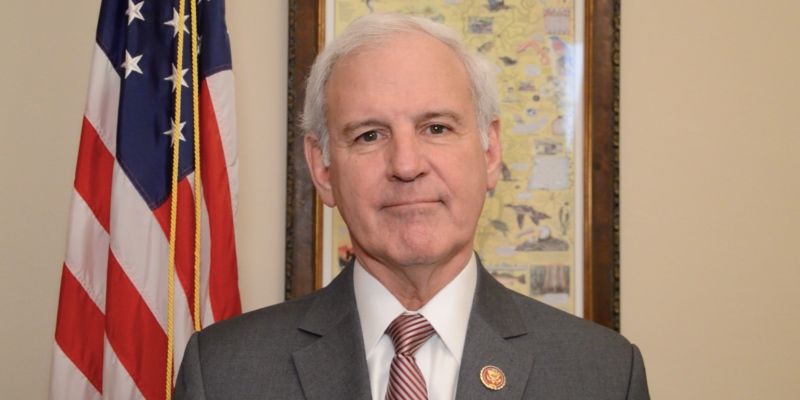When Bob Zellner’s “The Wrong Side of Murder Creek,” his memoir of a white Alabamian joining the ranks of some of the greatest figures of the civil rights movement, came out in 2008, a movie was in the works almost immediately.
Now, a little over a decade later, it’s going to happen. Directed by Barry Alexander Brown, longtime editor for director Spike Lee’s acclaimed movies, “Son of the South,” based on Zellner’s book and life, is in pre-production in Montgomery. Finally.
“It’s definitely happening,” Brown says. “I read recently that the average number of years to get a movie made is nine. You hear that movies are a miracle, and this is a miracle.”
No casting has been announced, yet, but Brown says to expect some “very, very well-known names” when they’re made public. They’ll be playing Zellner and the myriad civil rights leaders and figures he encountered, including Rosa Parks, Virginia Foster Durr, Congressman John Lewis and the Rev. Martin Luther King Jr.
Zellner, whose book is newly available in paperback from Montgomery’s NewSouth Books, first crossed paths with Brown in 1968, when, as a student at Montgomery’s Lanier High School, Brown contacted Zellner – by then a well-known figure in civil rights – about his high school not being allowed to lower their flag to half-mast following King’s assassination.
“That was the beginning of his activism,” Zellner says.
Zellner’s activism had begun much earlier, when he was studying at Montgomery’s Huntingdon College and became involved in the Student Nonviolent Coordinating Committee (SNCC). That was quite the leap for the son and grandson of Klansmen, and it began a career in activism that continues to this day.
Zellner took notes along his journey, but about the time the movie “Mississippi Burning” was released in 1988, he got serious about writing a memoir. The result was “The Wrong Side of Murder Creek: A White Southerner in the Freedom Movement.”
“I saw it as a movie early on, because at the time, there were not that many young white people from the Deep South who were on the front lines of the SNCC,” Zellner says. “Mostly the leadership were young black women and men from the South, mainly with a church background. We had a small group of white activists.”
Brown wrote the script for “Son of the South” almost a decade ago.
“He had so many stories, and every one of the stories was jaw-dropping, so I knew there was a movie there,” Brown says of Zellner. “I just didn’t know what the movie was. Then it hit me to do it about his transition about being somebody about to graduate from Huntingdon College – sort of a good ol’ boy – and in a matter of a few months, he was in the center of the civil rights movement.”
Though he has directed his own films (including the Oscar-nominated documentary “The War at Home”), the British-born Brown is best-known for his work with Lee, beginning with “She’s Gotta Have It,” the 1986 feature that launched Lee’s career. Brown has been his editor on films such as “Malcolm X,” “Inside Man,” “Do the Right Thing” and last year’s “BlacKkKlansman,” for which he earned an Oscar nomination.
“We came along together in the movie business and learned so much as we were growing,” Brown says of Lee, who is an executive producer of “Son of the South.” “We learned so much about how to make movies with each other. We work together easily, and we like it.”
Brown, whose mother still lives in Montgomery, has been back in Alabama since September working on pre-production aspects of “Son of the South.”
“We’re going to shoot all of it right around Montgomery,” he says. “About 60 percent of the original story takes place right here, so I was hellbent to shoot it here. There was some pushback because the sense was that there wasn’t enough support in Montgomery, Alabama, to make a movie. But I don’t like to hear that. I’m from here, and there’s got to be more people like me. Turns out there are incredible people here.”
The plan is to begin shooting in April and finish in the middle of May. “Son of the South” doesn’t have a distributor, yet, and Brown is particularly proud of the movie’s homegrown financing. “All of the investors for this movie have come from Alabama,” he says. “Every single one.”
“Quite frankly, it’s so personally satisfying to me that people here in Alabama have shown up for this movie and see that it’s important,” Brown adds. “One of the things I’m trying to do with this movie is dispel the perception of the civil rights movement that young students came down from the North and turned the South around. That is not what happened. It was a fight fought by local people across the South – mainly African-American people, but not all African-American people.”
Brown promises authenticity in his depiction of the South.
“I’ve seen movies set in the South, and I don’t recognize the place at all,” he says. “When you see ‘Son of the South,’ it’s going to feel like the South. Every person is going to be a human being, not some cardboard character. You’re going to see real people and a real place.”
(Courtesy of Alabama NewsCenter)













